What Is Pay Per Click Ppc Marketing?
Welcome, young marketer! Have you ever wondered what Pay Per Click (PPC) marketing is all about? Well, you’re in the right place to find out! In this introduction, we’ll dive into the exciting world of PPC marketing and explore how it can help businesses reach their target audience and boost their online presence. So, fasten your seatbelt and let’s get started on this digital marketing adventure!
Picture this: you’re browsing the internet, searching for the latest video game releases or the coolest fashion trends, and suddenly, ads related to your interests start popping up. How does this sorcery work? That’s where PPC marketing comes into play! PPC stands for Pay Per Click, and it’s an advertising model where businesses pay a fee each time their ad is clicked by online users like you.
Here’s the nitty-gritty: businesses bid on specific keywords relevant to their products or services, and when someone searches for those keywords, their ad appears on search engine results pages or other websites. It’s like a mini auction happening in the digital realm, where the highest bidder gets their ad displayed to potential customers. Fascinating, isn’t it? In the next paragraphs, we’ll uncover more about the inner workings of PPC marketing and how it can benefit businesses like the one you might have dreams of starting someday. Let’s go!
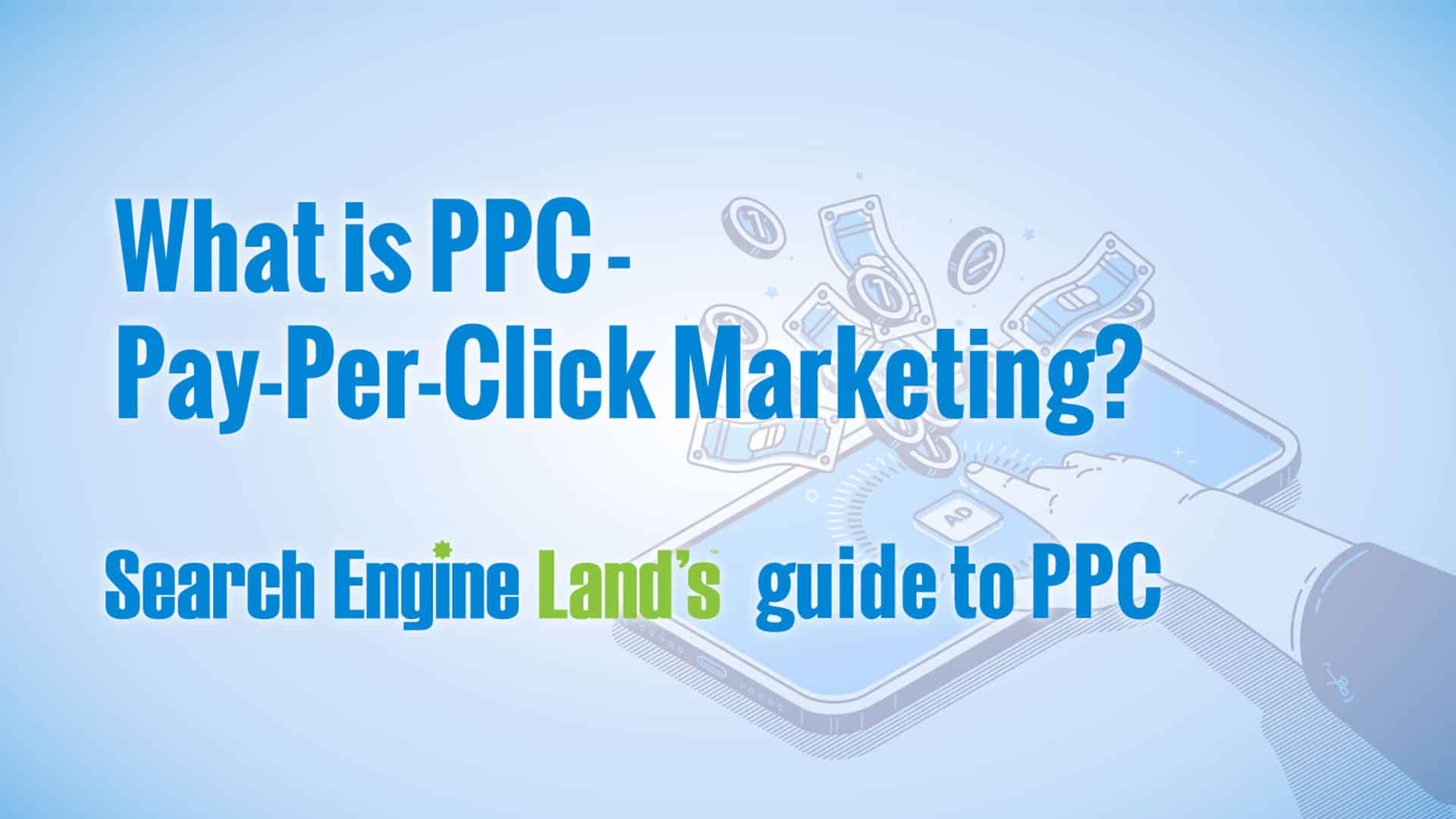
What is Pay Per Click (PPC) Marketing?
Pay Per Click (PPC) marketing is a form of online advertising where advertisers pay a fee each time their ad is clicked upon. It is a highly effective advertising model that allows businesses to drive targeted traffic to their websites and increase their online visibility. With PPC marketing, advertisers bid on specific keywords that are relevant to their products or services, and their ads are displayed on search engine results pages (SERPs) when those keywords are searched for. This form of advertising offers businesses incredible control over their campaigns and provides instant results.
Understanding How PPC Marketing Works
PPC marketing works on the basis of an auction system. Advertisers bid on keywords that are relevant to their target audience and industry. When a user enters a search query that includes those keywords, the search engine algorithm determines the winner of the auction based on the bid amount and ad quality score. The winning ad is then displayed prominently on the SERP, usually above or below the organic search results. Each time a user clicks on the ad, the advertiser pays the search engine a predetermined fee.
PPC marketing platforms, such as Google Ads, Bing Ads, and Facebook Ads, offer advertisers a range of targeting options to reach their desired audience. These options may include geographical targeting, demographic targeting, and even behavioral targeting. Advertisers can also set a maximum daily budget to ensure they don’t overspend and can track the performance of their campaigns in real-time through various analytics and reporting tools.
The Benefits of PPC Marketing
1. Immediate Results: Unlike other forms of digital marketing, PPC advertising can drive immediate results. Once your campaign is set up, your ads can start appearing on search engine results pages and attracting potential customers to your website right away.
2. Increased Brand Exposure: PPC marketing allows businesses to reach a wider audience and increase their brand exposure. Even if users do not click on your ads, they may still see your brand name and become more familiar with your products or services.
3. Highly Targeted Advertising: With PPC marketing, you can target specific keywords, audiences, and even locations. This precision targeting ensures that your ads are shown to the right people at the right time, increasing the chances of converting them into customers.
PPC vs. Organic Search
While organic search engine optimization (SEO) aims to get your website to rank higher in the organic search results, PPC marketing offers an alternative way to appear at the top of search engine results pages. Here are some key differences between PPC and organic search:
1. Cost: PPC advertising requires an investment as you pay for each click, whereas organic search results are free. However, the immediate and targeted results of PPC can often outweigh the costs.
2. Time: Organic SEO can take time to see results as search engines need to crawl and index your website. PPC marketing, on the other hand, offers instant visibility and immediate results.
3. Control: With PPC marketing, you have complete control over your ad campaigns, including the budget, targeting options, and ad copy. Organic search results are determined by search engine algorithms and can be more unpredictable.
Tips for Running a Successful PPC Campaign
1. Comprehensive Keyword Research: Conduct thorough keyword research to identify relevant, high-performing keywords that align with your business goals. Use tools like Google Keyword Planner to discover new keywords and analyze their search volume.
2. Compelling Ad Copy: Create compelling and engaging ad copy that resonates with your target audience. Highlight the unique selling points of your products or services and use strong calls to action to encourage clicks.
3. A/B Testing: Continuously test and refine your ad campaigns by running A/B tests. Experiment with different ad variations, headlines, landing pages, and calls to action to identify the most effective combination.
Understanding Quality Score and Ad Rank
In the world of PPC marketing, quality score and ad rank are crucial factors that determine the success of your ad campaigns. Quality score is a metric used by search engines to assess the quality and relevance of your ads and landing pages. It takes into account factors such as click-through rate (CTR), ad relevance, and landing page experience. A higher quality score can lead to a higher ad rank, which means your ads are more likely to be shown in a higher position on the SERP.
PPC Marketing for E-commerce Businesses
E-commerce businesses can greatly benefit from PPC marketing as it allows them to reach potential customers who are actively searching for their products. By targeting relevant keywords and optimizing their product listings, e-commerce businesses can drive targeted traffic to their online stores and increase their sales. Additionally, PPC marketing platforms offer features like dynamic retargeting and shopping ads, which further enhance the effectiveness of advertising for e-commerce businesses.
Measuring Success in PPC Marketing
Measuring the success of your PPC campaigns is essential to optimize your advertising efforts and maximize your return on investment. Here are some key metrics to track:
Click-Through Rate (CTR)
CTR measures the percentage of people who click on your ads after seeing them. A high CTR indicates that your ad is relevant and compelling to users, while a low CTR may indicate that your ad needs improvement.
Conversion Rate
Conversion rate measures the percentage of users who take the desired action, such as making a purchase or filling out a form, after clicking on your ad. Tracking your conversion rate enables you to assess the effectiveness of your landing pages and identify areas for improvement.
Return on Ad Spend (ROAS)
ROAS measures the revenue generated for every dollar spent on advertising. It helps you determine the profitability of your PPC campaigns and make informed decisions about budget allocation.
Cost Per Acquisition (CPA)
CPA calculates the cost of acquiring a new customer through your PPC campaigns. By monitoring your CPA, you can optimize your campaigns to achieve better results at a lower cost.
Conclusion
Pay Per Click (PPC) marketing offers businesses a powerful and effective way to reach their target audience, increase their brand visibility, and drive immediate results. By understanding how PPC works, leveraging targeting options, and continuously optimizing their campaigns, businesses can maximize their return on investment and achieve their marketing goals. PPC marketing is a dynamic and evolving field, so staying up to date with industry trends and best practices is essential for success.
Key Takeaways: What is Pay Per Click (PPC) Marketing?
- Pay Per Click (PPC) Marketing is an online advertising model where advertisers pay a fee each time their ad is clicked.
- PPC ads are displayed alongside search engine results and on various websites.
- PPC campaigns require careful keyword research and targeting to reach the right audience.
- PPC can be cost-effective as advertisers only pay when their ads are clicked.
- PPC offers immediate results and can help increase website traffic and conversions.
Frequently Asked Questions
Welcome to our FAQ section on Pay Per Click (PPC) marketing! If you’re new to the concept or looking for more information, you’re in the right place. We’ve compiled a list of commonly asked questions to help you better understand this popular marketing strategy. Let’s dive in!
Q1: How does Pay Per Click (PPC) marketing work?
Pay Per Click (PPC) marketing is a form of online advertising where advertisers pay each time their ad is clicked. It works on a bidding system, where advertisers bid on specific keywords relevant to their target audience. When someone searches for those keywords, the search engine displays the ads at the top of the search results. Advertisers then pay for every click their ad receives.
This type of marketing enables businesses to appear prominently in search engine results, driving targeted traffic to their website. Advertisers have control over their budget, targeting options, and ad content. Additionally, PPC advertising platforms provide detailed analytics and reporting, allowing businesses to measure their campaign’s success and make data-driven decisions.
Q2: What are the benefits of using Pay Per Click (PPC) marketing?
Pay Per Click (PPC) marketing offers several compelling benefits for businesses. First and foremost, it provides immediate visibility in search engine results. Unlike search engine optimization (SEO), which takes time to show results, PPC allows businesses to appear at the top of the search results from day one of their campaign.
Furthermore, PPC advertising allows for precise targeting. Advertisers can specify their audience based on demographics, location, interests, and even the devices they use. This ensures that their ads are shown to the right people at the right time, increasing the chances of conversion. Additionally, PPC campaigns provide valuable insights into customer behavior, allowing businesses to refine their strategies and optimize their marketing efforts.
Q3: How can I get started with Pay Per Click (PPC) marketing?
To get started with Pay Per Click (PPC) marketing, you first need to choose a platform to run your campaigns on. Google Ads and Bing Ads are two popular options. Once you’ve selected a platform, create an account and set a budget for your campaign.
Next, conduct keyword research to identify the most relevant keywords for your business. These are the search terms that your target audience is likely to use when looking for products or services like yours. Use the keyword research tools provided by the platform to find keywords with high search volume and reasonable competition.
After selecting your keywords, create compelling ad copy that entices users to click on your ads. Ensure that your ads are relevant to the keywords and provide a clear call-to-action. Finally, monitor your campaigns closely and analyze the data to make improvements and optimize your PPC strategy for better results.
Q4: How do I measure the success of my Pay Per Click (PPC) campaigns?
Measuring the success of your Pay Per Click (PPC) campaigns involves analyzing various metrics and key performance indicators (KPIs). One of the key metrics to monitor is click-through rate (CTR), which measures the percentage of people who click on your ads after seeing them.
Conversion rate is another important metric, which measures the percentage of users who complete a desired action, such as making a purchase or filling out a form, after clicking on your ads. Return on ad spend (ROAS) helps determine the profitability of your campaigns by calculating how much revenue is generated for every dollar spent on advertising.
Additionally, tracking website traffic, cost per click (CPC), and impression share can provide valuable insights into the overall performance of your campaigns. By regularly analyzing these metrics, you can make data-driven decisions to improve the effectiveness of your PPC marketing strategy.
Q5: Are there any challenges or potential risks with Pay Per Click (PPC) marketing?
While Pay Per Click (PPC) marketing offers numerous benefits, there are some challenges and potential risks. One challenge is the competition for popular keywords, which can drive up the cost per click and make it harder for businesses with limited budgets to compete.
Advertisers also need to continually optimize their campaigns and stay updated with ever-evolving PPC platforms. Regular monitoring and adjustments are necessary to maintain competitiveness and maximize ROI. However, by dedicating time and resources to campaign management, businesses can overcome these challenges and reap the rewards of effective PPC marketing.
What is Pay Per Click PPC Marketing in 2 minutes.
Summary
Pay Per Click (PPC) marketing is a way for businesses to advertise online. It works by placing ads that are only paid for when someone clicks on them. This helps to make sure that businesses are only paying for ads that are actually getting results.
PPC marketing allows businesses to target specific keywords and audiences, which can help them reach their intended customers. It is important for businesses to choose the right keywords and create engaging ads to maximize the effectiveness of their PPC campaigns. By tracking and analyzing the performance of their ads, businesses can make adjustments to improve their results. Overall, PPC marketing is a valuable tool for businesses to promote their products and services online.

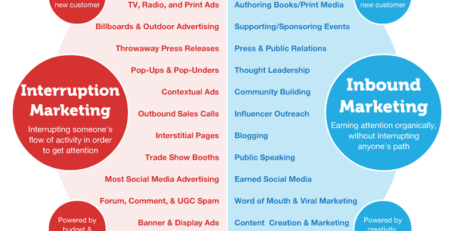

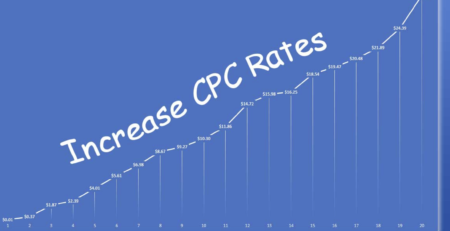
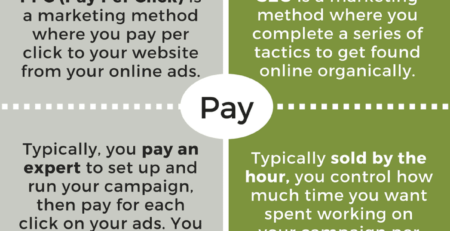
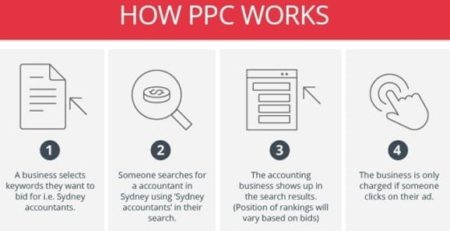
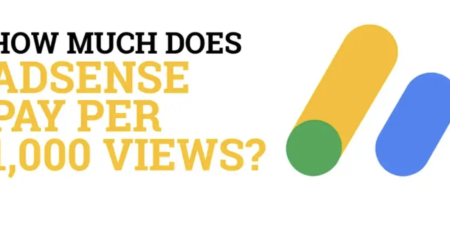
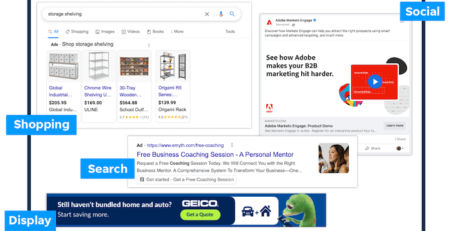

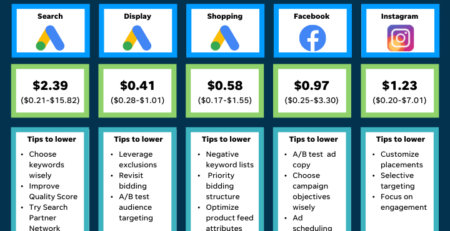
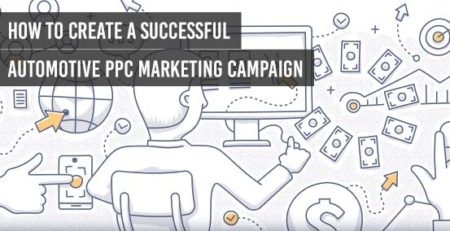
Leave a Reply